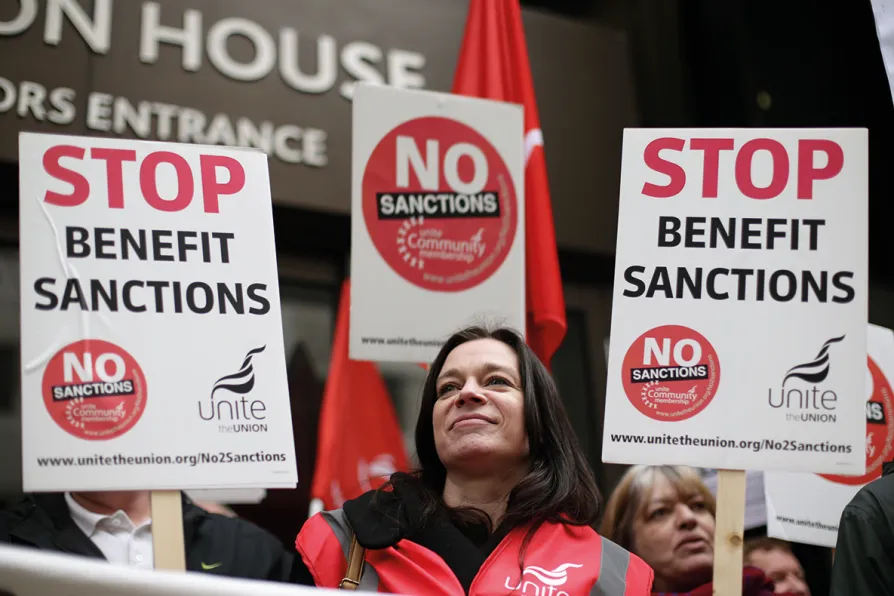By pressuring Mexico to halt oil shipments, Washington is escalating its blockade of Cuba into a direct bid for economic collapse and regime change, argues SEVIM DAGDELEN


IT’S almost five years since the Economic and Social Research Council, a government-funded public body, told the UN’s human rights body that the British government’s drive to extend and intensify benefit sanctions “systematically undermines the very idea of economic and social rights as a core component of national citizenship status and/or justifications for such rights on the basis of universal human needs,” making many benefit claimants unable to meet those basic needs for food, warmth and shelter.
The UN agreed, concluding that despite its denialism, the government was breaching the human rights of benefit claimants at every turn. The UN repeated its call as recently as November 2022.
Despite the clarity of the warnings, the government did nothing to improve its treatment of the most marginalised — in fact, since then the situation has only gone downhill. The number of people suffering sanctions hit record levels in 2022.

DYLAN MURPHY reports that far from helping people back into work, the sanctions regime is inflicting unnecessary trauma on working-class families

While claiming to target fraud, Labour’s snooping Bill strips benefit recipients of privacy rights and presumption of innocence, writes CLAUDIA WEBBE, warning that algorithms with up to 25 per cent error rates could wrongfully investigate and harass millions of vulnerable people

A new report by Amnesty International pulls no punches in highlighting the Labour government’s human rights violations of those on benefits, says Dr DYLAN MURPHY











